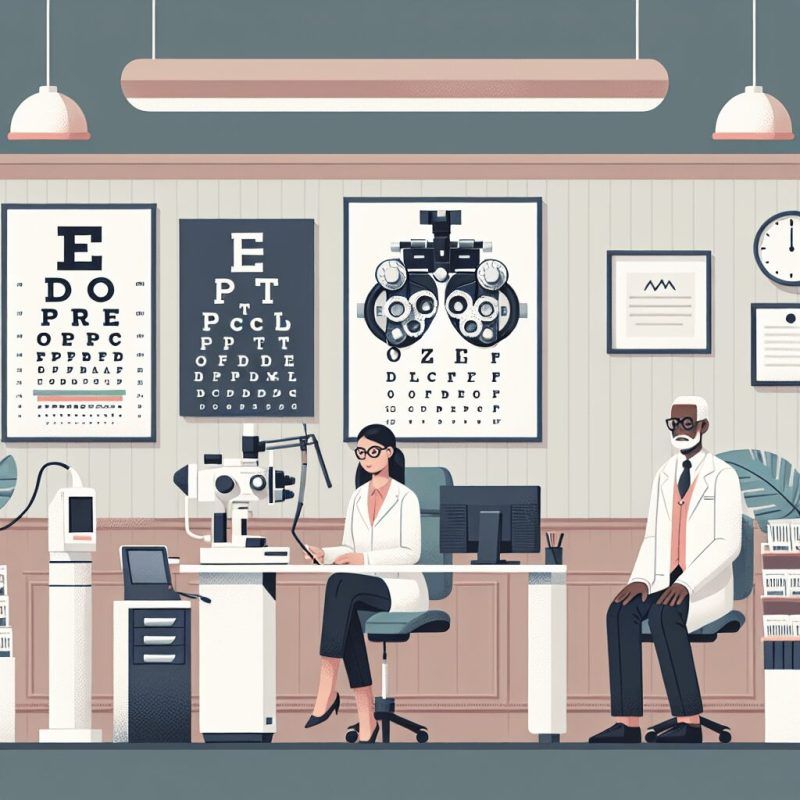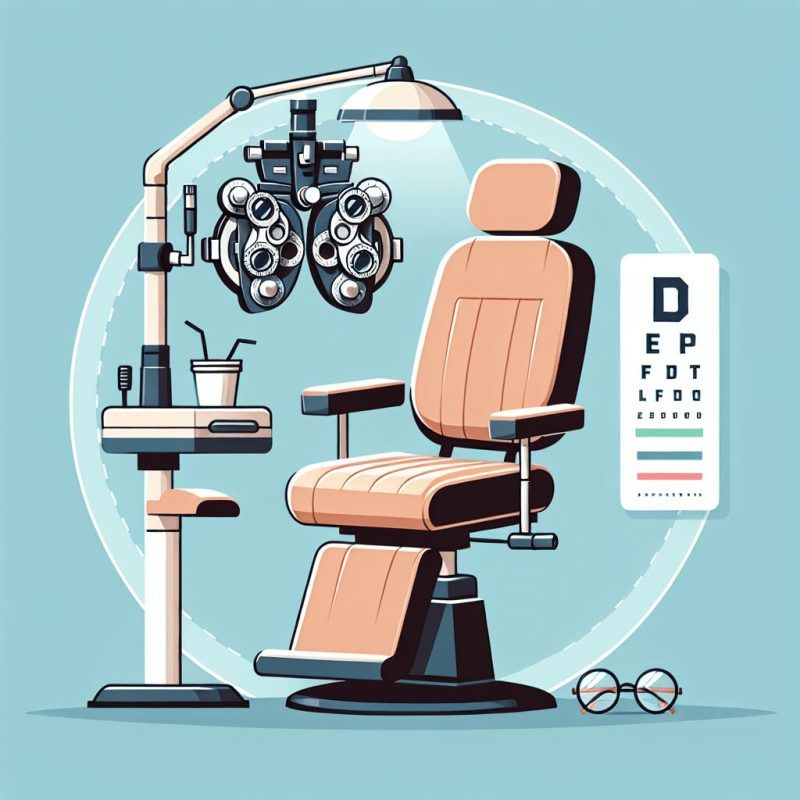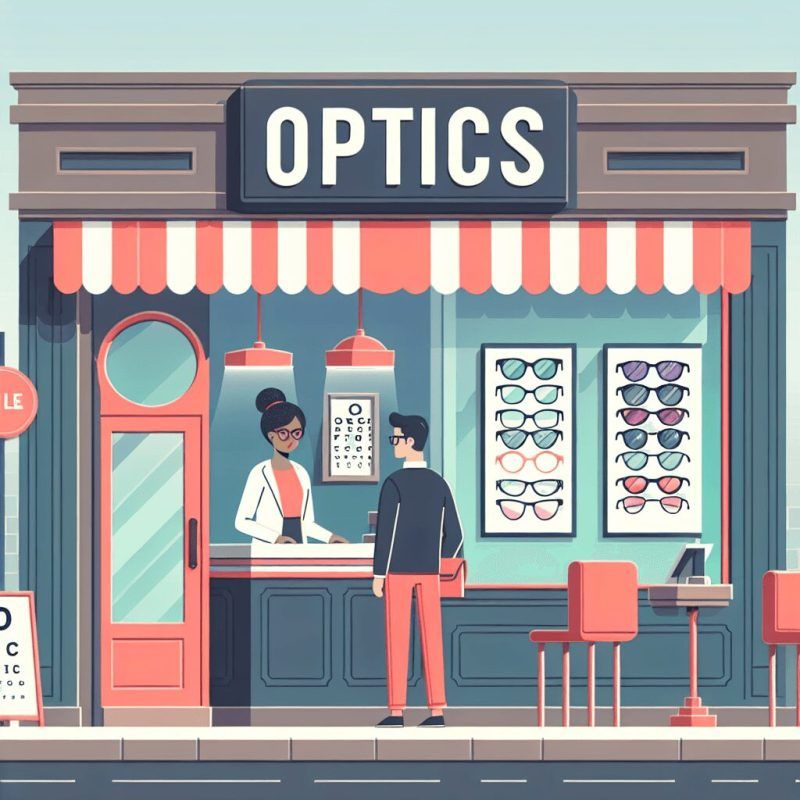Doctor's Corner
What Causes Eye Allergies?
Eye allergies, often called allergic conjunctivitis, can be extremely uncomfortable. If your eyes often feel so itchy that you can’t focus on anything else, you’re likely desperate for relief. If this sounds familiar, read on to learn what causes eye allergies and how to control your symptoms to prevent severe reactions.
At Superior Eye Care, the Woodlands’ trusted optometrist, we specialize in treating various eye conditions, including allergies. Below, our team explains why allergic conjunctivitis occurs and how you can control reactions. If you’re still experiencing uncomfortable symptoms, visit our clinic for an eye exam.
What Are Eye Allergies?
Eye allergies occur when an allergen irritates your eyes, causing your body to produce histamines as an automated response to fight off the irritant. This histamine response results in an allergic reaction, causing numerous uncomfortable symptoms like itching, swelling, and redness. If you experience eye allergies, you likely have other seasonal or nasal allergies caused by various indoor or outdoor irritants, which we’ll discuss below.
Unlike many forms of conjunctivitis, eye allergies are not contagious.
Eye Allergy Symptoms
Symptoms of allergic conjunctivitis may include the following:
- Eye swelling and redness
- Itchy eyes
- Sensitivity to light
- Tearing or burning of the eyes
What Causes Eye Allergies?
To maintain healthy eyes and avoid allergic reactions, it helps to understand the triggers causing your reactions. So, what causes eye allergies?
The most common culprits of eye allergies fall into two categories: indoor and outdoor irritants. You may be allergic to some or all of the following:
Pollen, Smoke, and Other Outdoor Triggers
Pollen comes from many different plants, so you could be allergic to specific types of pollen during certain times of the year. Pollen allergies are incredibly common but vary greatly in severity.
Other common outdoor allergies include smoke, mold, grass, and more. If you often notice your allergies worsening during the spring or when you go outside, you may have outdoor triggers. Consider wearing sunglasses when you go outside and taking seasonal allergy medications.
Dust, Pet Dander, Mold, and Other Indoor Triggers
Pet dander comes from the dead skin cells on various animals, like cats and dogs. Many falsely assume dander comes from fur, meaning one can avoid it by choosing hairless animals. Even hairless cats can produce allergens.
Other indoor triggers include dust and mold. If you notice your allergies worsening after playing with your furry friend or when cleaning the house, you’ve likely discovered the culprit. You can mitigate the issue by washing your hands carefully after playing with your pet or by wearing glasses when cleaning dusty areas of the house.
How To Control Your Eye Allergies
Just because you know what causes eye allergies doesn’t mean you can avoid all the pollen, dust, and animals in the world. Instead, you must learn to control your eye allergies so the symptoms don’t control you. Here are our top tips for managing eye allergy symptoms:
- Wash your hands regularly, particularly after touching pets or cleaning
- Avoid touching your eyes at all costs
- Keep your windows closed at home and in the car
- Use an air purifier or air conditioner at home and in the car
- Change the filters on your air purifiers, AC, and other vents regularly
- Wear sunglasses when going outside
- Avoid humidity in the house to prevent mold growth
- Use hypoallergenic bed sheets and wash them frequently
- Clean your home surfaces frequently to prevent dust buildup
- Keep your pets out of the bedroom if they are a source of your allergies
- Consider antihistamine eye drops for flare-ups
- Try antihistamine oral medications as a preventative measure
Now that you know what causes eye allergies, you may need to visit a professional for an eye exam if you still can’t find relief. At Superior Eye Care, we can rule out potential concerns and help you find relief with solutions like allergy shots, prescription eye drops, and more. Call Superior Eye Care at
(281) 298-5905 to schedule your visit.
Doctor's Corner





